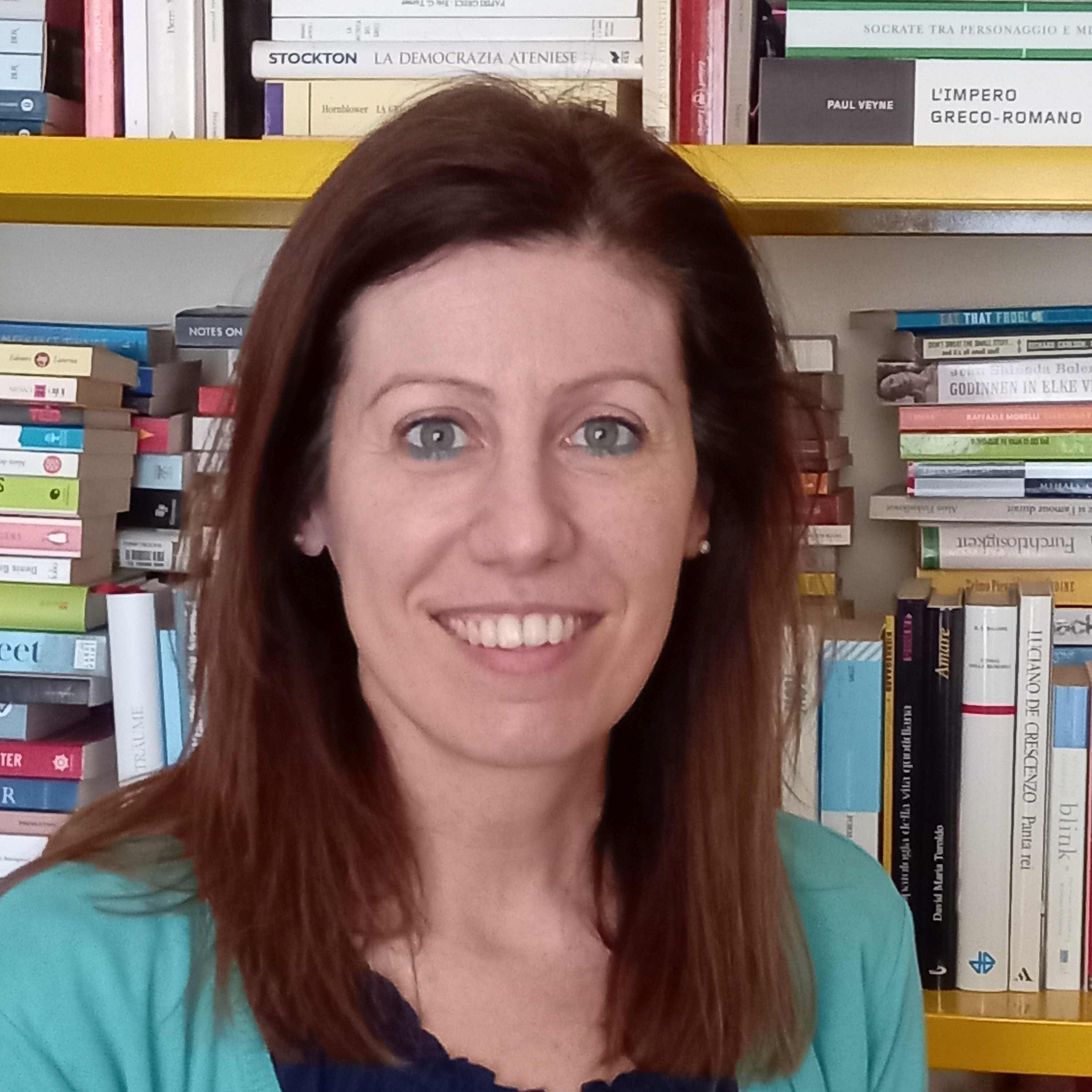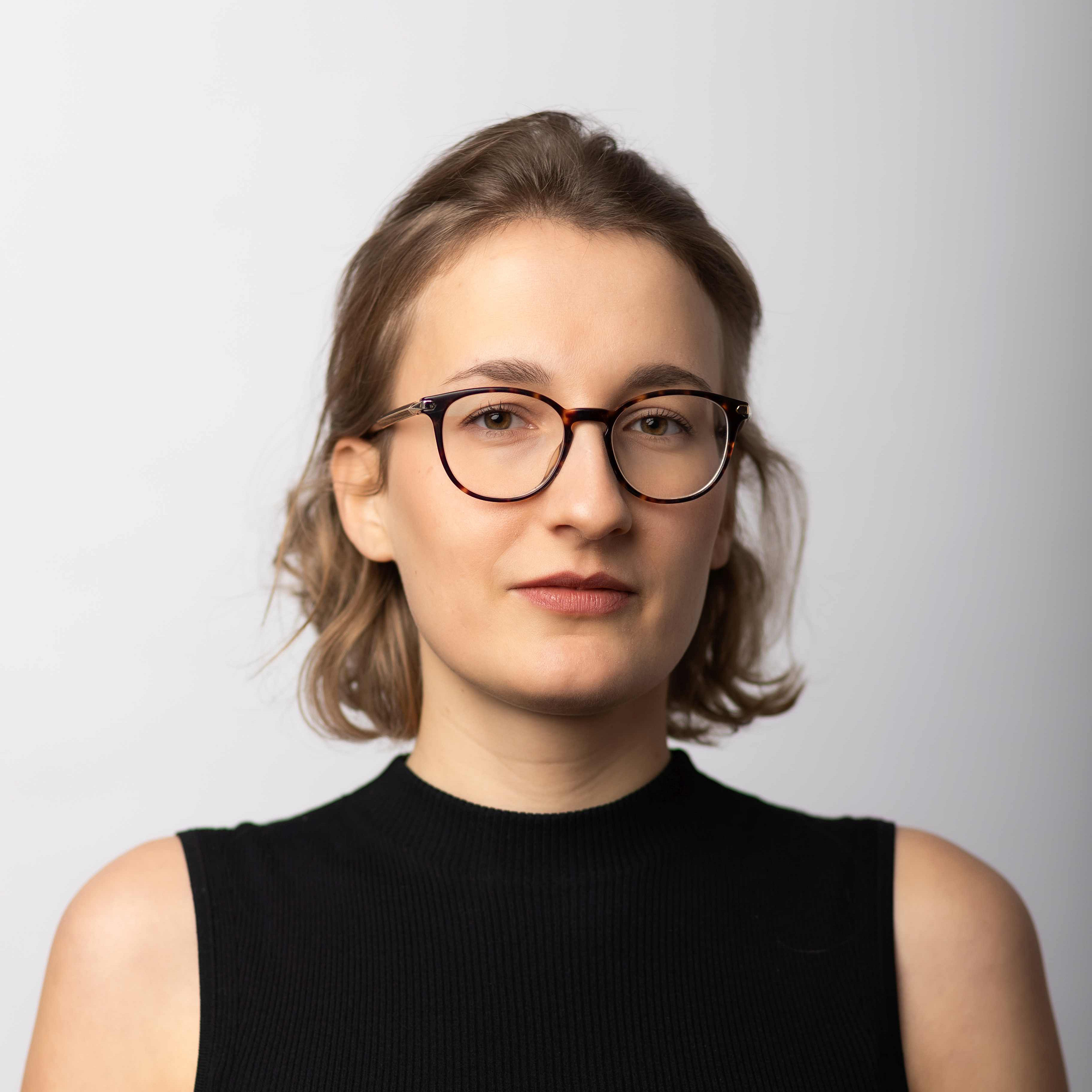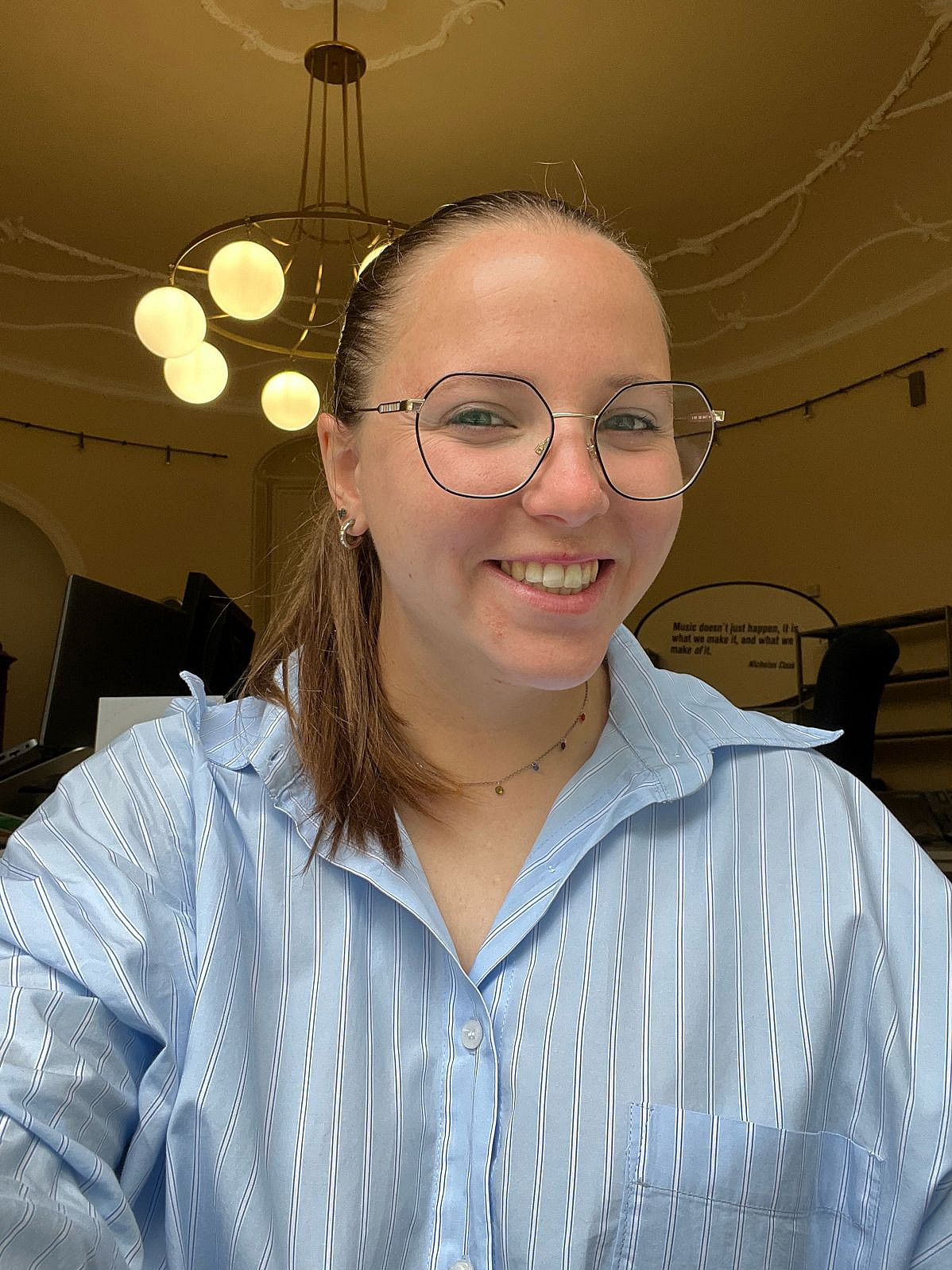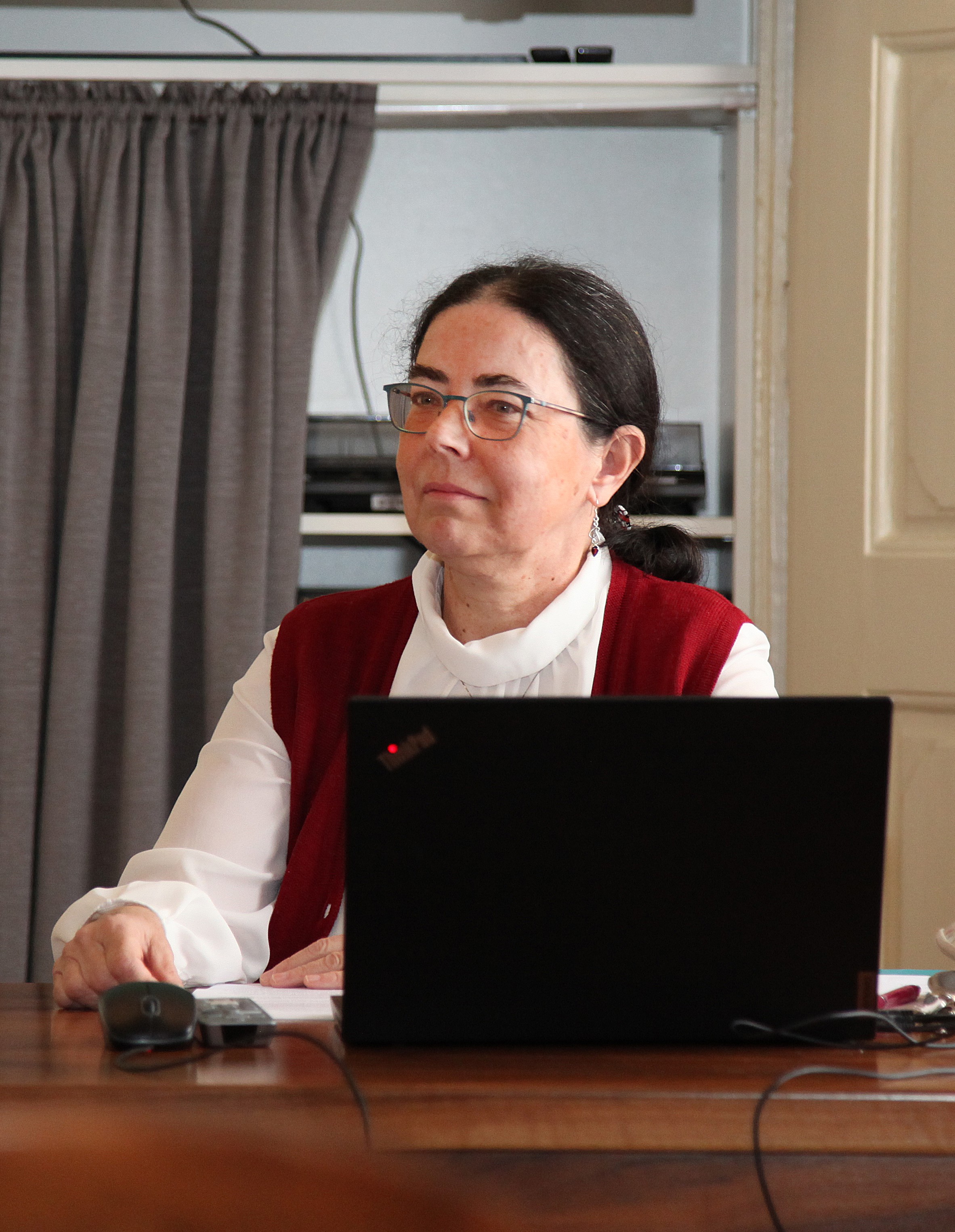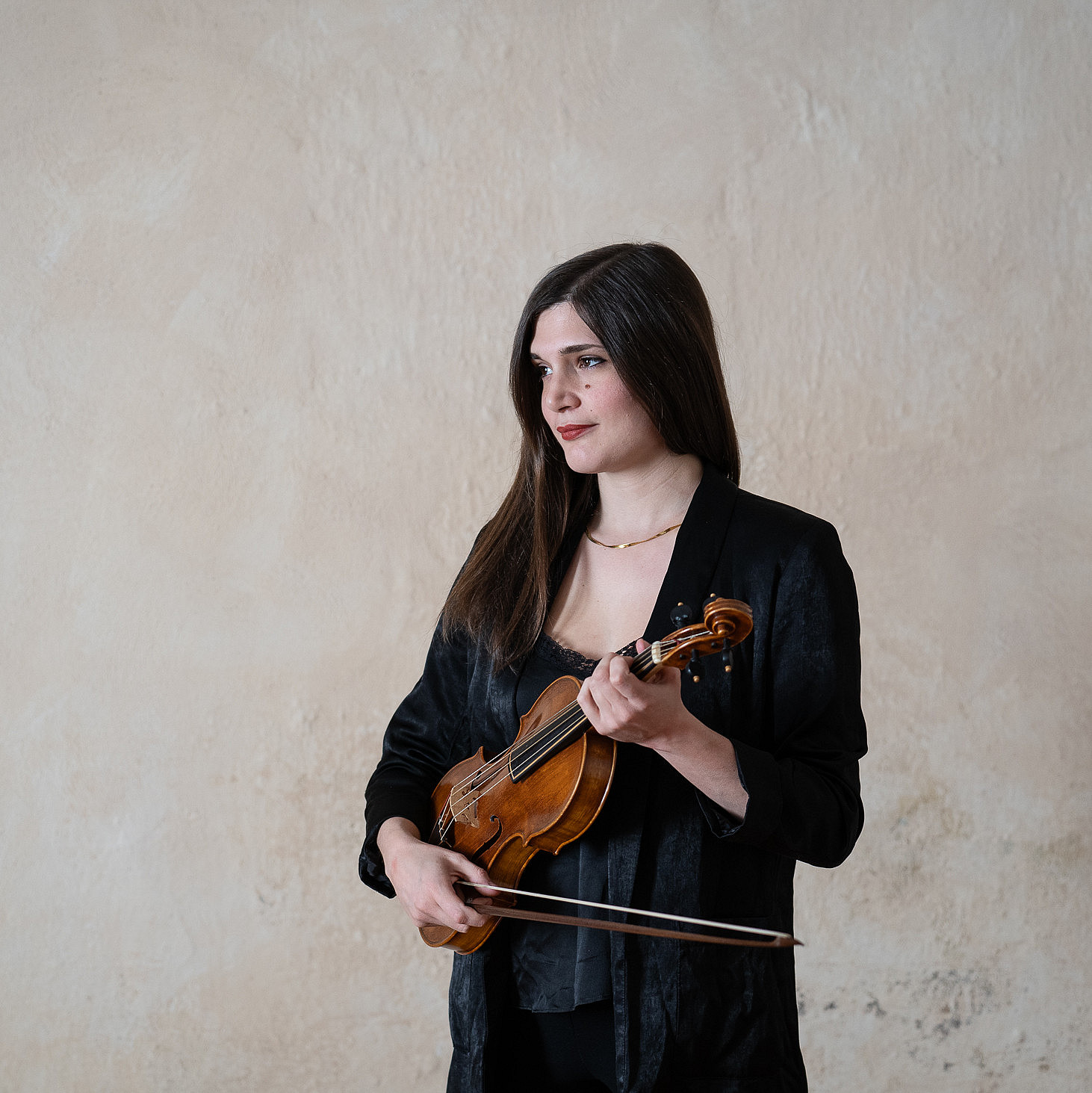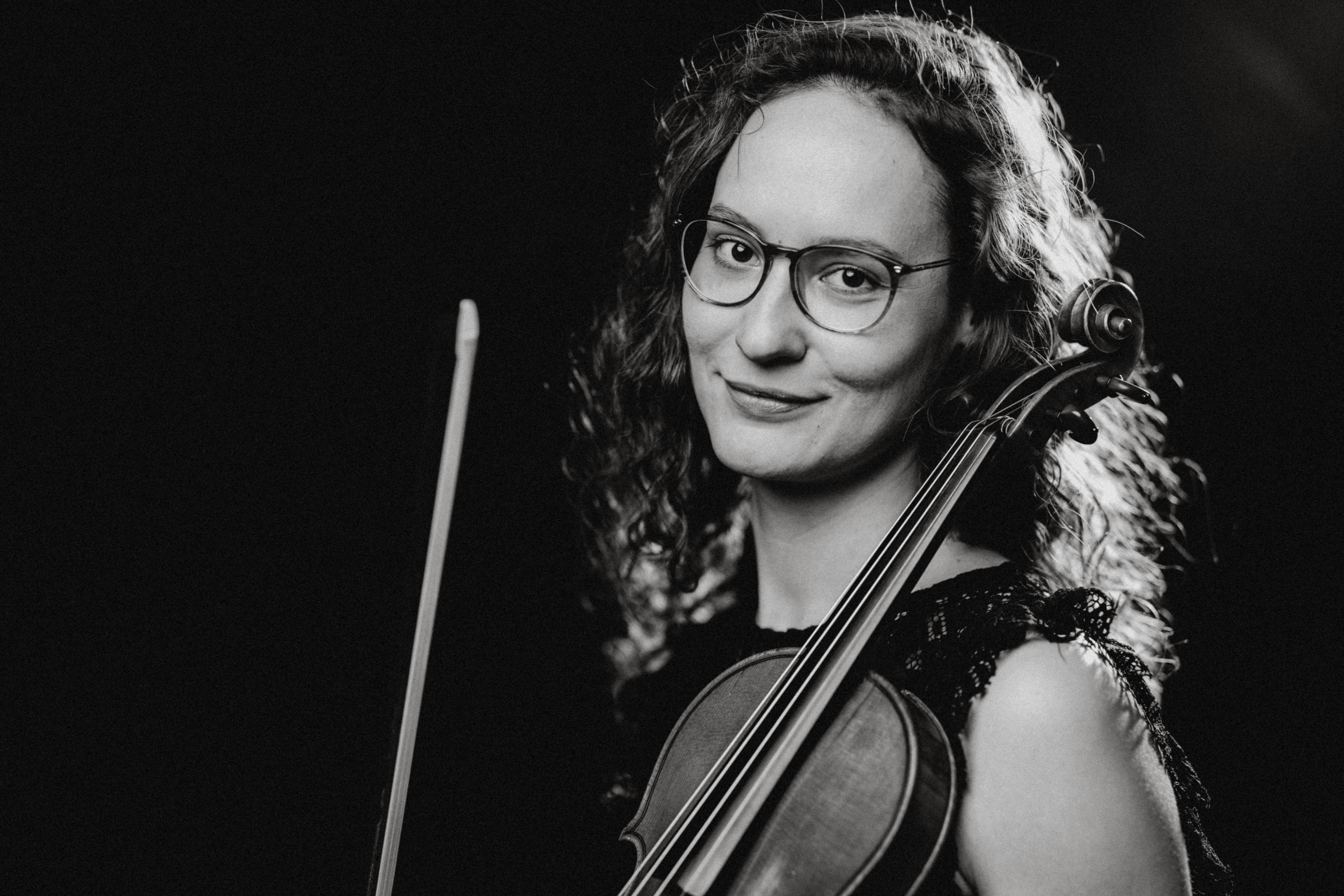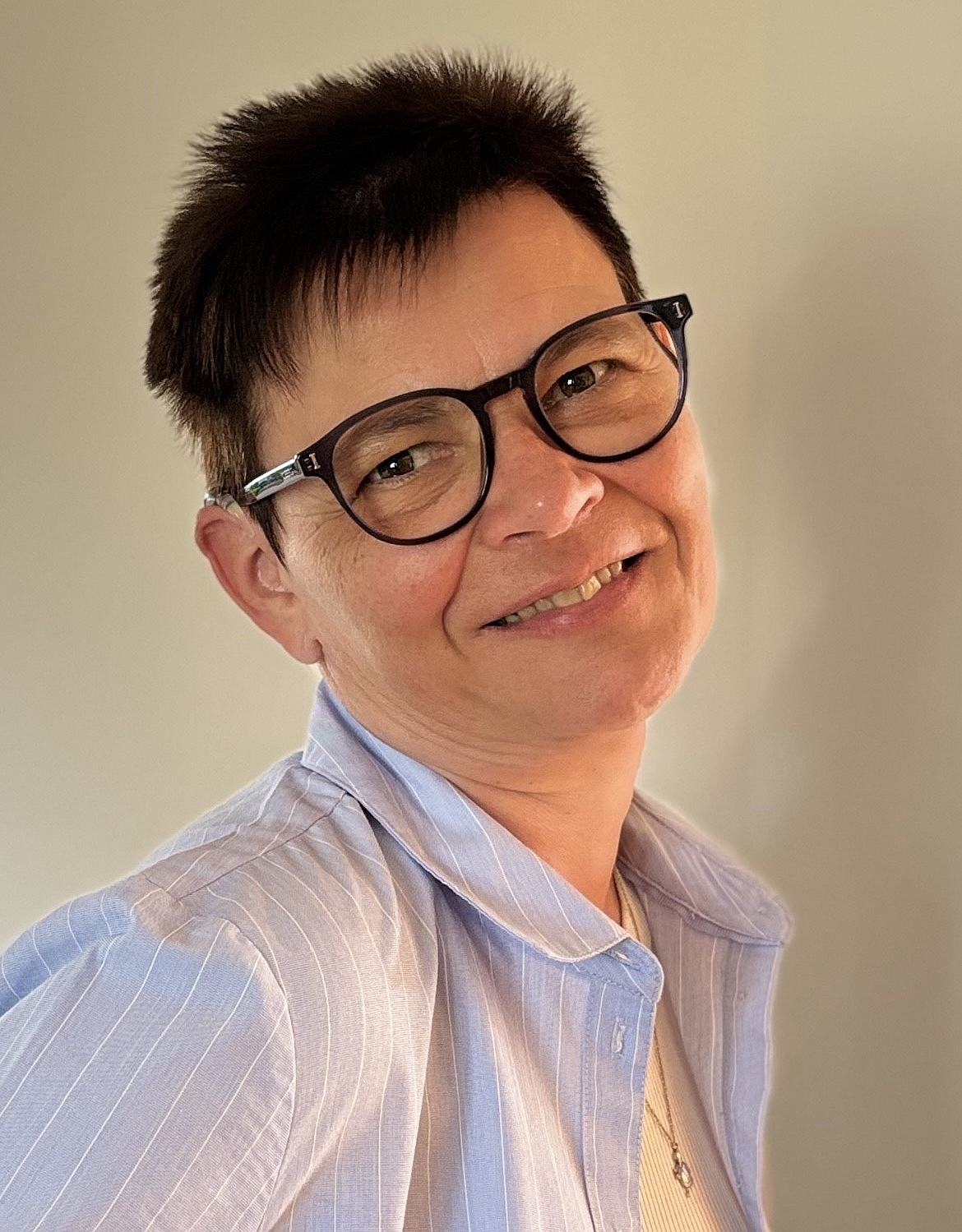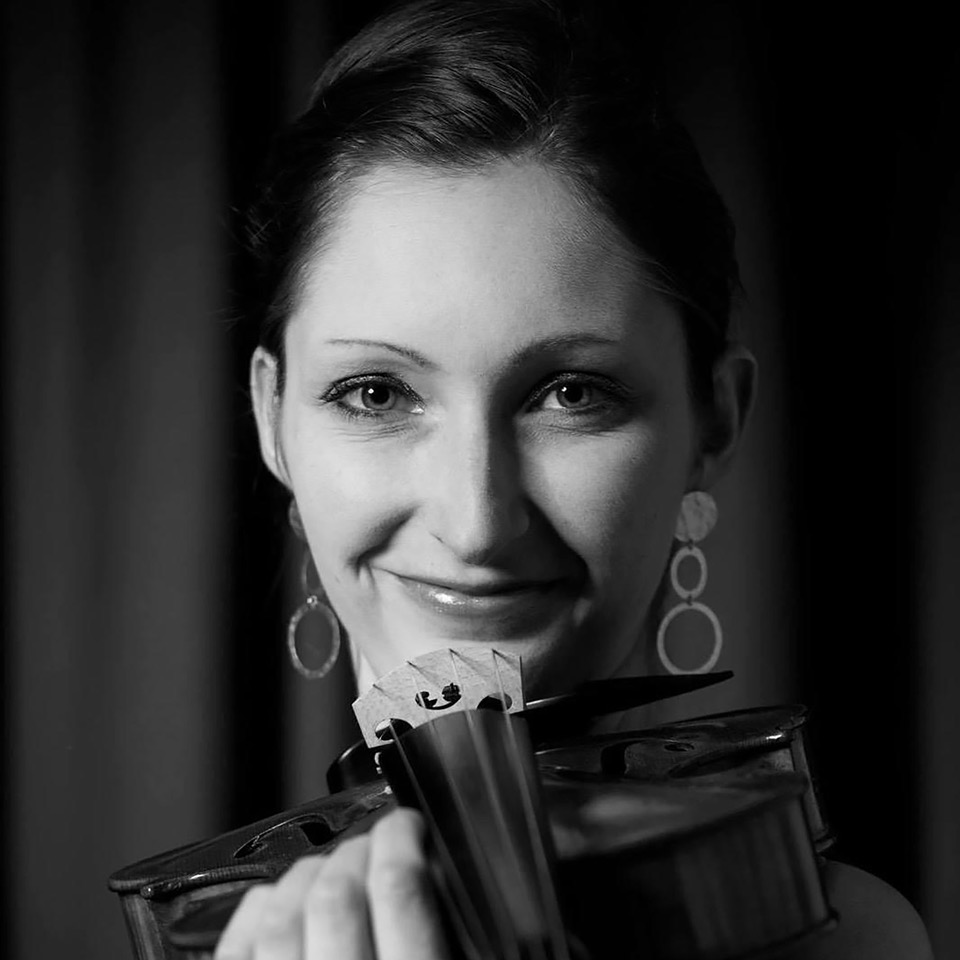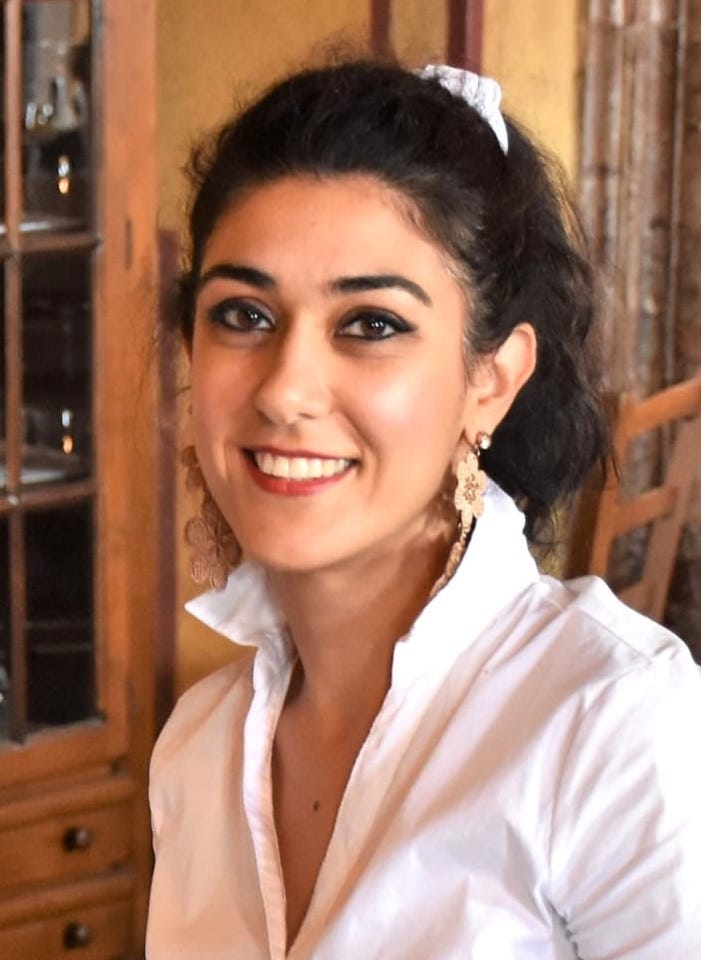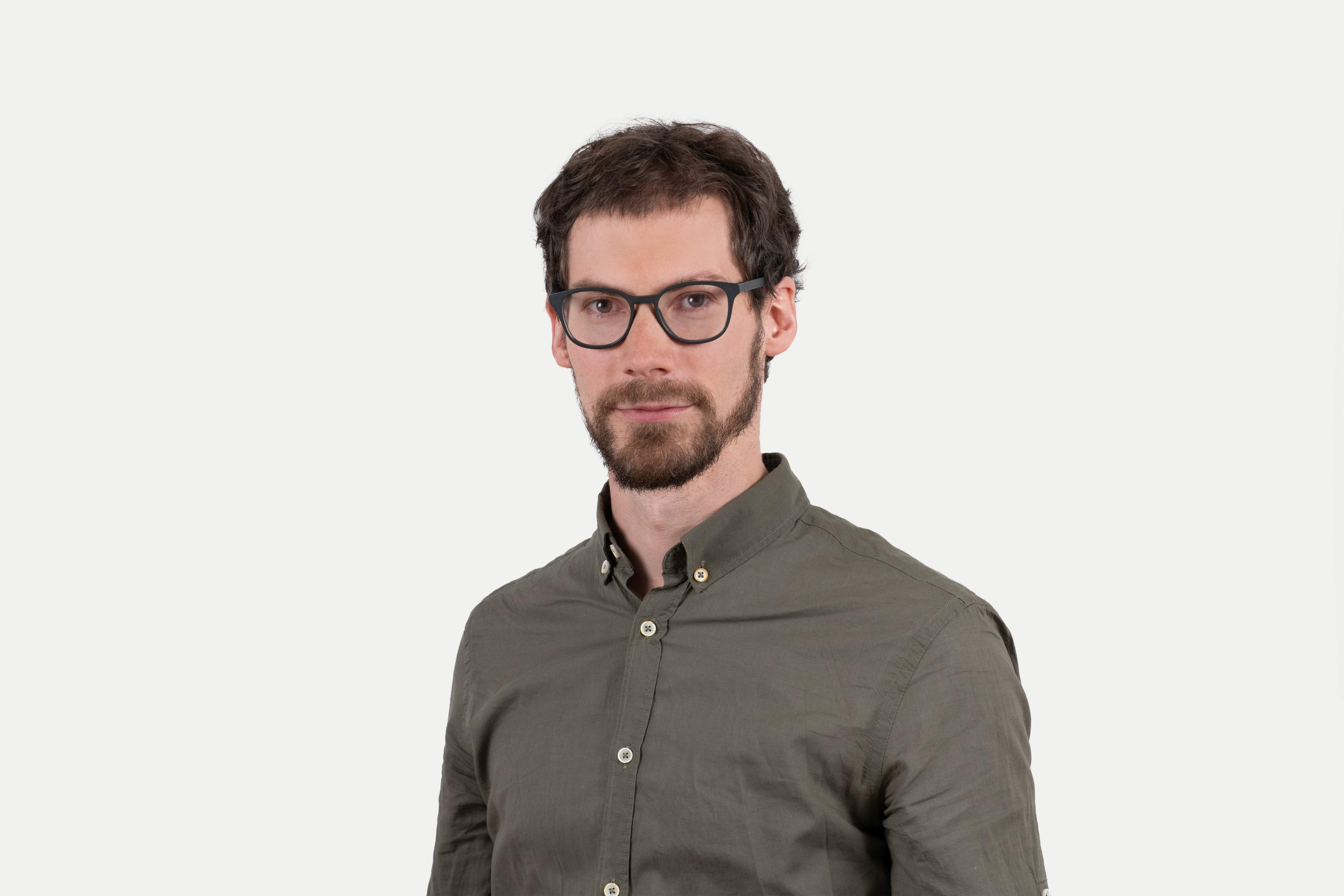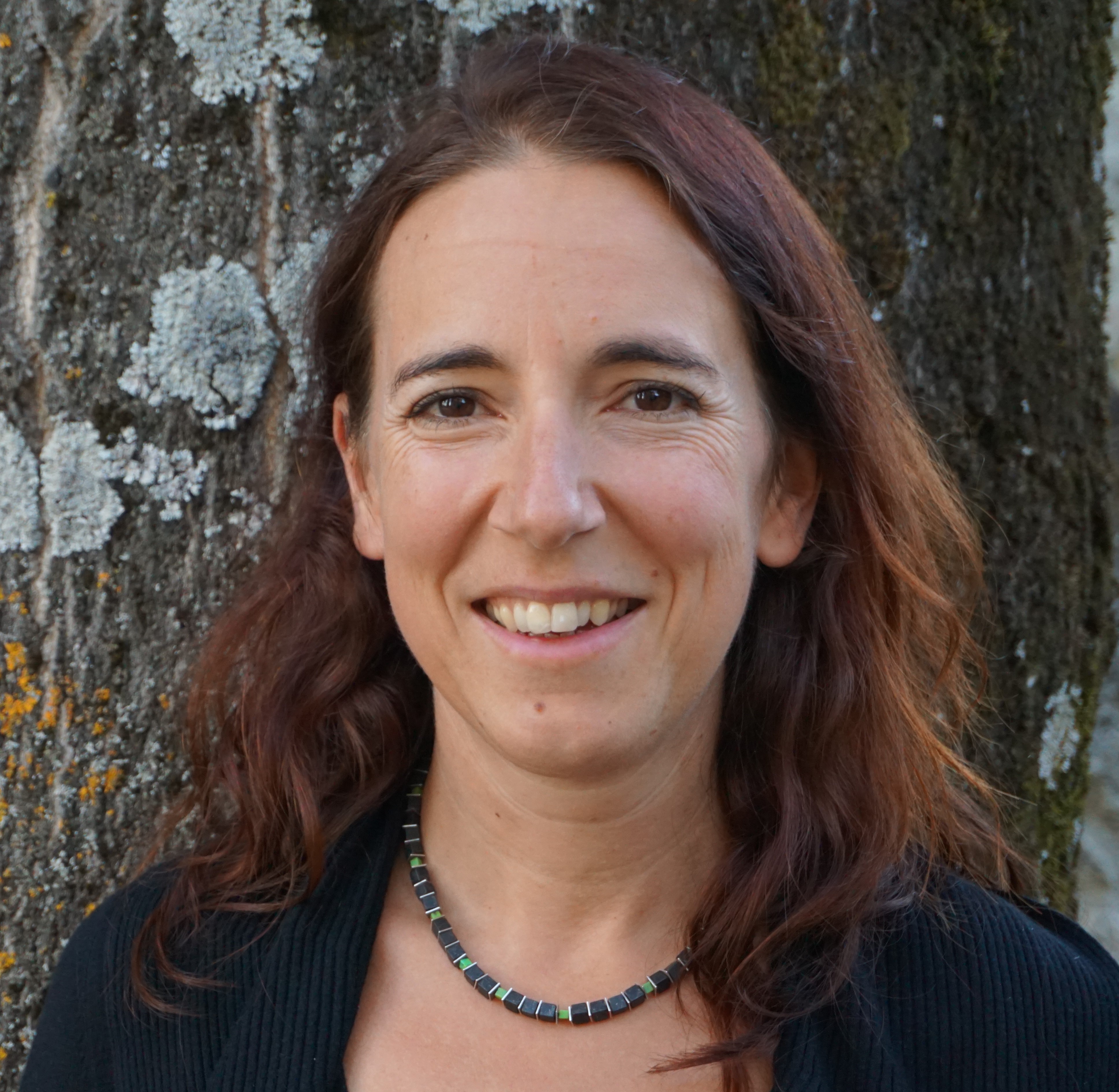Dr Cristina Cassia is a postdoctoral researcher at the Schola Cantorum Basiliensis of the University of Applied Sciences and Arts Northwestern Switzerland (FHNW). Her research specialises in Renaissance vocal and keyboard music. She has been involved in international projects, including digital critical editions of text and music. As part of the TartinianS project, she is responsible for the study and critical edition of Tartini's didactic writings.
Nora Eder MA studied Baroque violin and musicology in Essen, Munich and Salzburg and focuses on historically informed performance practice, seeking to combine theory and practice. As a research assistant at the University of Graz, she will be part of the team investigating the School of Nations as part of the Tartinians in Europe project.
Sergio Durante (Padua 1954 - ). Former professor at the University of Padua, Senior Scholar since 2022. Studied at the University and Conservatory of Bologna and at Harvard University. Specialises in the history of the singing profession, 18th century music theatre, 17th and 18th century instrumental music and opera theory. He has written numerous publications on W.A. Mozart and is a member of the Mozart Academy in Salzburg. Editor of the critical edition of Tartini's works published by Bärenreiter. External consultant for the Tartinians programme.
Elisabetta Forlani holds a Master's degree in musicology from the University of Milan (110/110 cum laude) with a thesis in Antropology of Music. She is currently researching at the University of Graz as part of the project "Tartinians in Europe". Her interests include traditional music practices, urban soundscapes, copyright and musician networks in 18th century Europe.
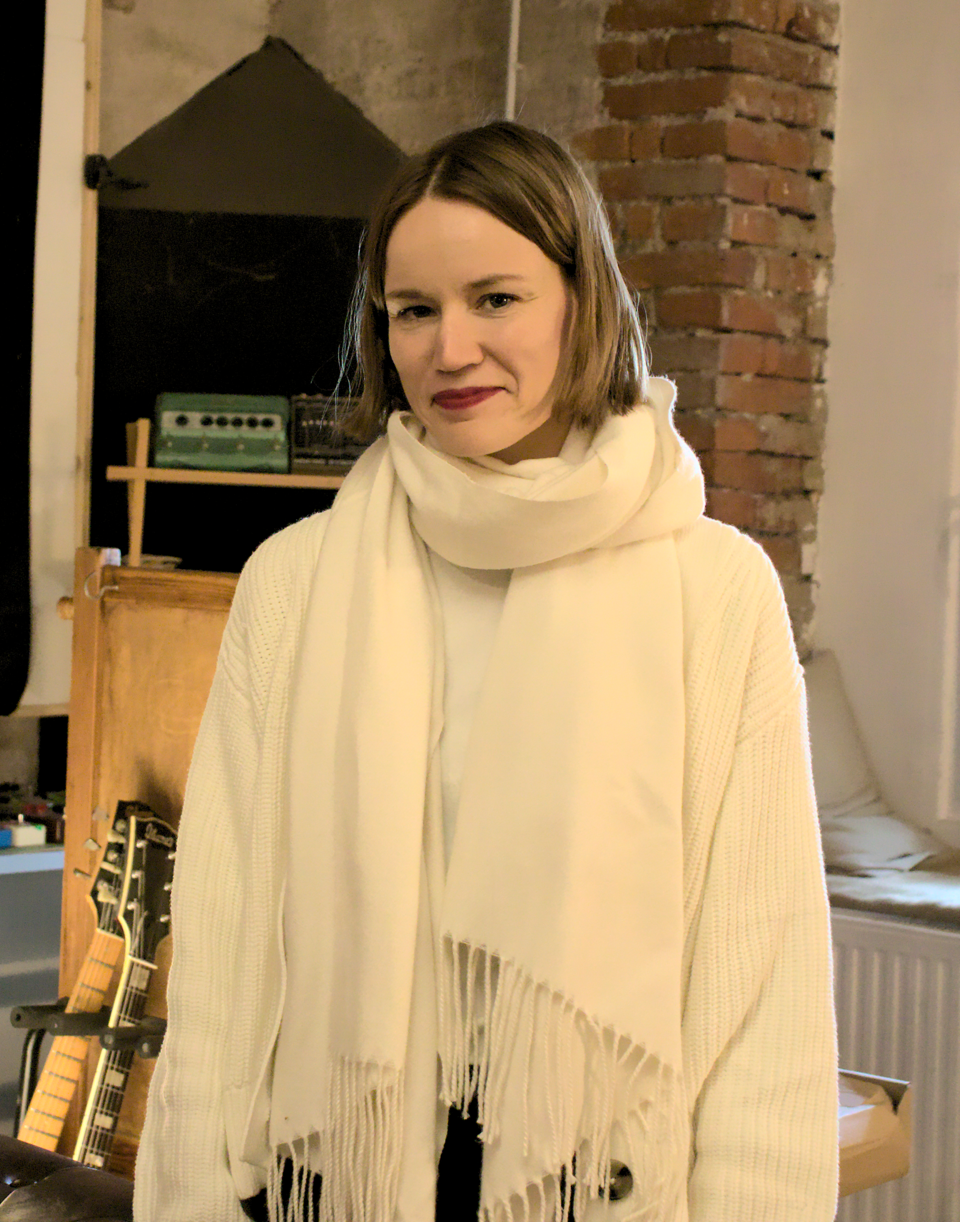
BA. BA. MA. MA. Selina Galka
+43 316 380 - 5773
Institut für Digitale Geisteswissenschaften
https://digital-humanities.uni-graz.at
Selina Galka is a research associate at the Institute for Digital Humanities at the University of Graz. Her research focuses on digital editions and data modelling. After completing her Master's degree in "German Philology of the Middle Ages and Early Modern Period" and "Digital Humanities", she is currently a PhD candidate in the field of Digital Humanities and a Master's candidate in "Musicology" at the University of Graz.
Dr Metoda Kokole is a senior researcher at the Research Centre of the Slovenian Academy of Sciences and Arts, Institute of Musicology, and deals with the musical heritage of the 16th to late 18th centuries. Her main goal in the Tartinians project is to provide revised and up-to-date data on the relationship between Tartini's music, the music of his pupils and other individuals and their works in the long 18th century in Central Europe and the neighbouring North-Eastern European regions.
Giulia Manfredini is a doctoral student in the research department of the Schola Cantorum Basiliensis in Basel (Music Academy Basel / University of Applied Sciences Northwestern Switzerland). She is a violinist specialising in historical performance practice and holds a Master's degree in Pedagogy from the FHNW with a focus on violin didactic treatises in 18th century France. She contributes to the Tartinians project by researching the Berlin sources of Tartini's "Scuola delle Nazioni".
Felicitas Marxer studied to become a secondary school teacher, specialising in music, at the University of Music and Performing Arts in Munich. She is currently pursuing further artistic studies in violin at the Leopold Mozart College of Music at the University of Augsburg. She also works as a student assistant in the Tartinians Project group in Augsburg.
In order to expand existing knowledge about Giuseppe Tartini and gain new insights, I am responsible for researching online databases and their documentation about Tartini and his students.
Dr Berthold Over is a research assistant at the University of Augsburg and part of the German group of the Tartini Project. In this context, he is researching the Munich court and the pupils that the court sent to Giuseppe Tartini in Padua. He also works for the Centre for Telemann Care and Research in Magdeburg and is compiling an online catalogue of Georg Philipp Telemann's works. His second field of research in the project is therefore the dissemination of Tartini's works in northern Germany, in which Telemann, who cultivated numerous contacts with musicians, was evidently involved.
Agnese Pavanello has been a member of the research department of the Schola Cantorum Basiliensis since 2012. She specialises in sacred polyphony of the Renaissance and Italian instrumental music of the 17th and 18th centuries and has published numerous articles and critical editions on these topics. Her current research on Tartini is focussed on teaching practice at the Scuola delle Nazioni. She is a member of the scientific committee of the National Edition of the works of G. Tartini and of the Centro di Studi Tartiniani (Trieste Conservatory of Music) and also fulfils various advisory roles.
Dr phil. Elisabeth Probst completed her doctoral studies at the University of Graz in 2025. For her dissertation "Das Teatro Sociale di Udine: Produktionsmechanismen eines norditalienischen Provinzopernhauses in den 1860/70er Jahren" she was a scholarship holder of the Centro Tedesco di Studi Veneziani in Venice. Her research interests lie mainly in 19th century opera research in Italy as institutional and social history. Since 2014, Elisabeth has been working full-time in the artistic office of the Musikverein für Steiermark, one of the most important concert organisers in Graz and beyond. She supports the Tartinians project by managing the social media accounts.
Cristina Scuderi is assistant professor at the Università Statale di Milano and former visiting professor in Graz. Her research interests lie in musician mobility, musical networks and the opera production system (18th-20th century). Her work has been supported by numerous organisations and received research fellowships and grants, including the Italian Ministry of Foreign Affairs, the FWF, the DAAD, the CNR and many others. Scuderi is currently a board member of the Italian Society for Musicology and serves as a reviewer for the European Research Executive Agency.

PhD Marcella Tambuscio
Dr Marcella Tambuscio is a postdoctoral researcher at the Institute for Digital Humanities at the University of Graz. She has a background in mathematics and computer science and her research interests focus on the application of network and complexity sciences to analyse historical and contemporary archives. In the Tartinians project she will contribute to the development of data analyses and visualisations.

Univ.-Prof. Dr.phil. M.A. Georg Vogeler
+43 316 380 - 8033
Institut für Digitale Geisteswissenschaften
nach Vereinbarung
https://online.uni-graz.at/kfu_online/wbForschungsportal.cbShowPortal?pPersonNr=80075
Prof Dr Georg Vogeler is Professor of Digital Humanities at the University of Graz. He is a trained historian (University of Munich, Università del Salento) and came to Graz in 2011. His research interests lie in the fields of late medieval financial administration, diplomatics (especially Emperor Frederick II), digital scholarly editions and digital prosopography. He has led and is leading several projects in these areas, including the ERC Grant "From Digital to Distant Diplomatics"(https://didip.eu) and the FWF Special Research Programme "Managing Maximilian"(https://managing-maximilian.net). He leads the Digital Humanities group of the project and supports the digital scholarly editions and prosopographical work.
Rolf Wissmann, MA, has been working as a research assistant at the Schola Cantorum Basiliensis since 2018 and as a music librarian at the Basel Music Academy since 2023. His research interests are diverse, but he specialises in digital musicology and digital editions. He is responsible for the technical aspects of the digital edition of Tartini's didactic writings. Mainly data modelling, text and music coding in close collaboration with colleagues at the Institute for Digital Humanities at the University of Graz.
Andrea Zedler studied musicology and cultural studies at the University of Graz and at the University of Pavia. In 2017 she completed her doctorate on Antonio Caldaras cantatas. From 2017 to 2020 she worked as a post doc in the DFG project ‘The opera buffa as a European phenomenon’ at the University of Bayreuth. At the same university she completed the DFG-transfer project ‘The Festa teatrale L'Huomo on the Bayreuth opera stage’. Her individual project within the TarinianS-project is dedicated to the dissemination of printed and hand copied music by Tartini and his pupils in Central Europe.
Gesa zur Nieden is Professor of Musicology at the University of Augsburg. Her research focuses on 18th century music theatre, the reception of Richard Wagner since 1945 and music and memory in pluralistic societies. Since 2008, she has been leading four international research projects on the mobility and music transfer of early modern musicians. Her TartinianS sub-project deals with Tartini's scholars at the Württemberg court.
